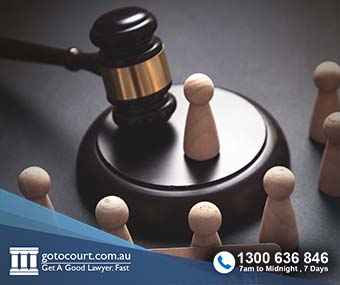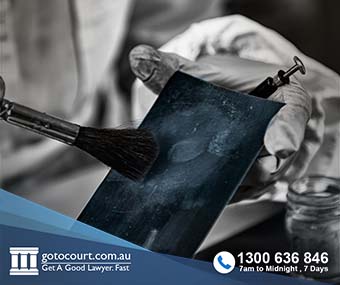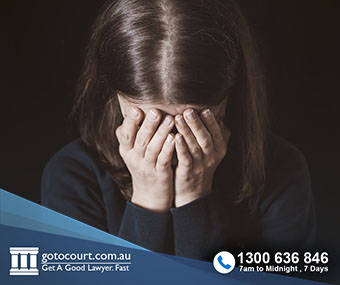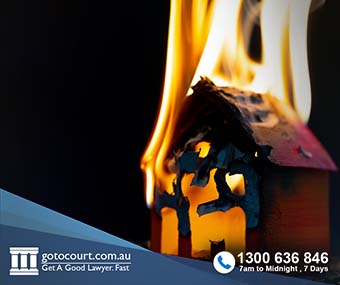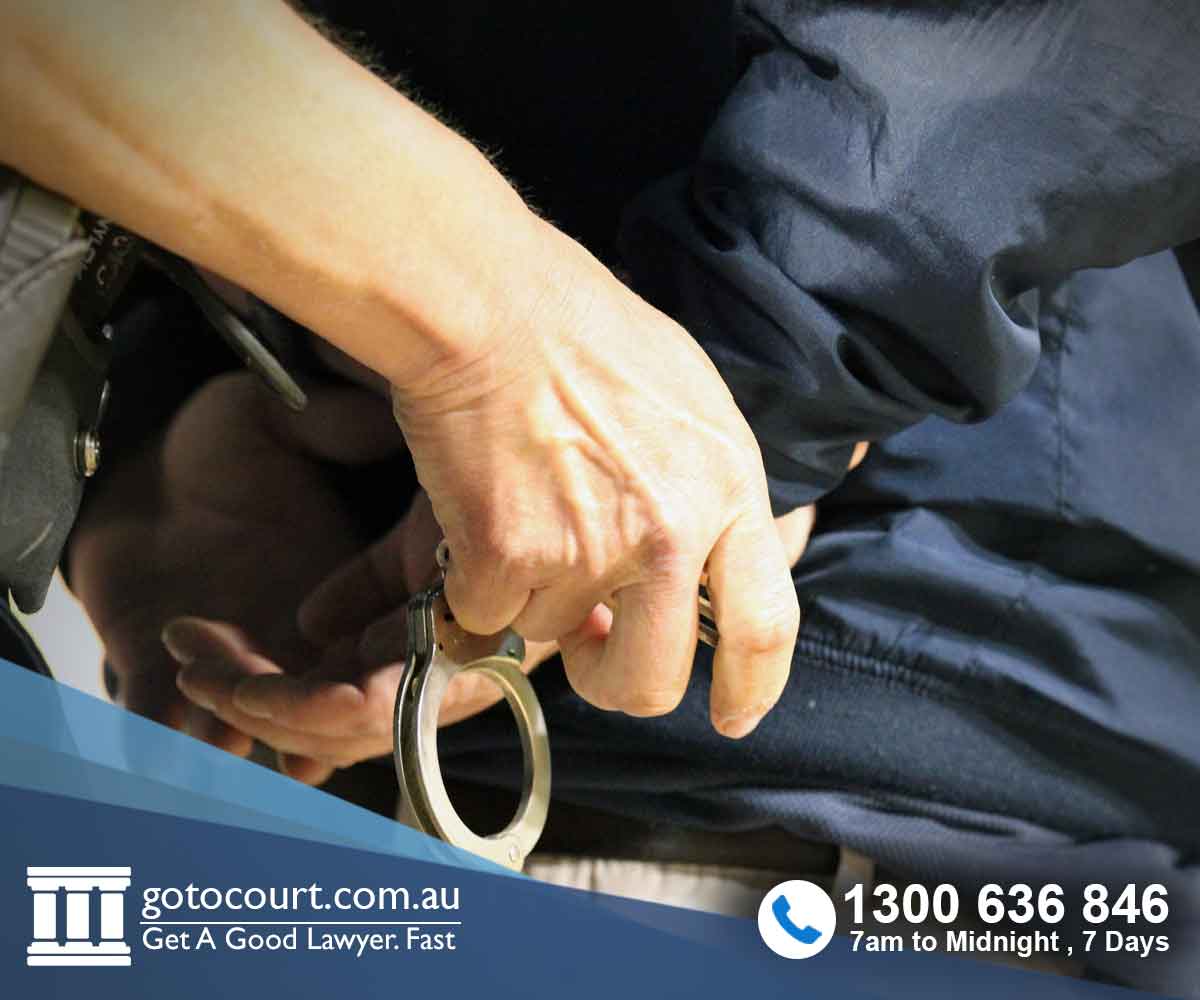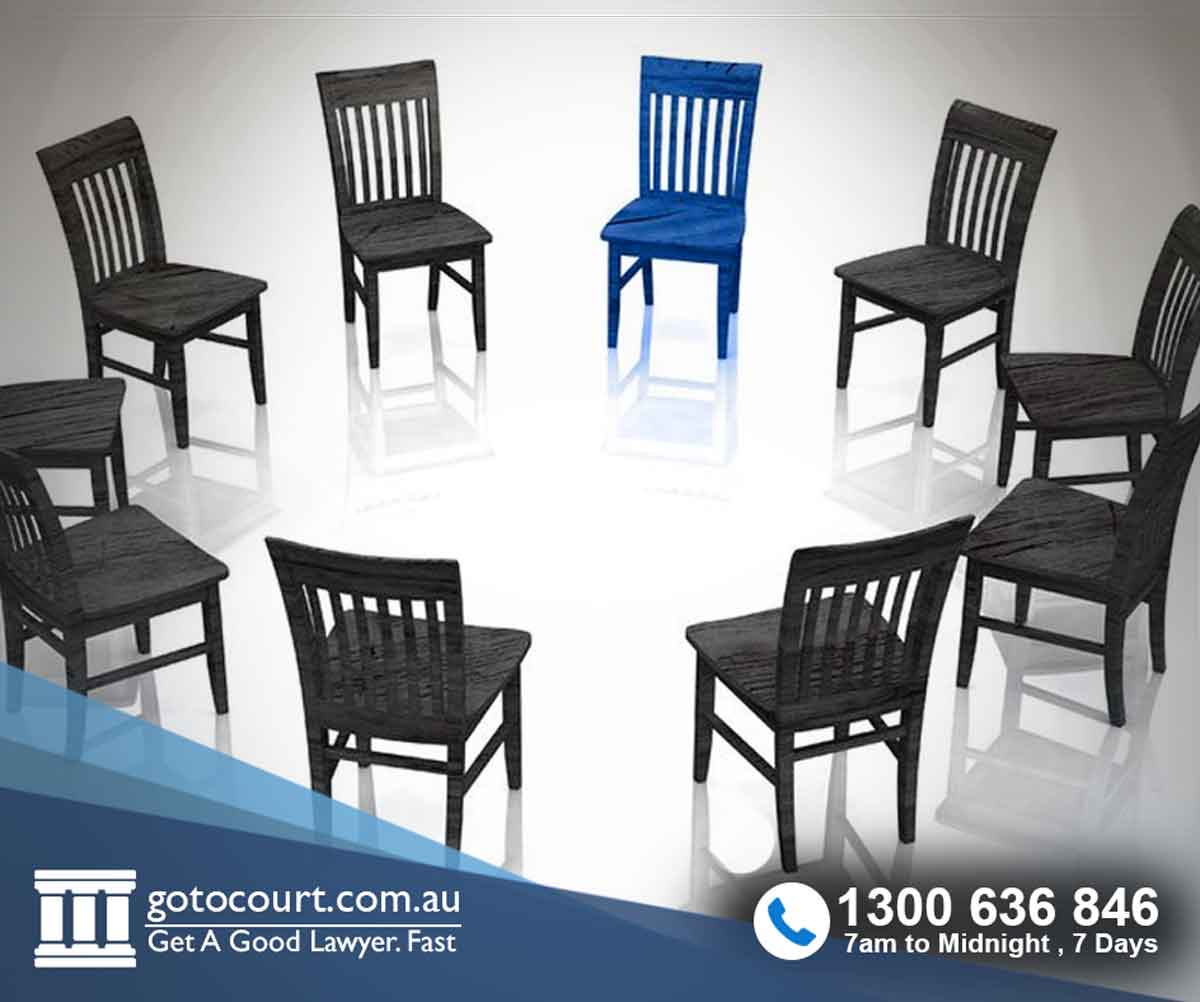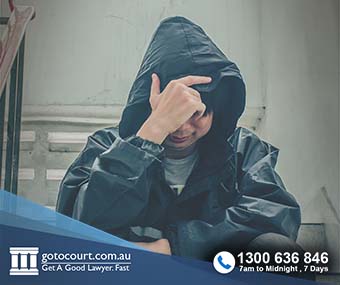Assault Offences in Victoria
Assault Offences in Victoria
Assaults are one of the most serious, and common, categories of offence committed in Victoria. Assault offences are contained in the Crimes Act 1958 and the Summary Offences Act 1966. Different offences, and penalties, apply depending on how the assault occurred and what injuries were sustained. This article deals with assault offences in Victoria.
Types of assaults
Assault offences include the following charges.
- common assault (section 23 of the Summary Offences Act and the common law);
- aggravated assault (section 24 of the Summary Offences Act);
- more serious assaults (section 31 of the Crimes Act);
- intentionally or recklessly causing injury (sections 15A to 19A of the Crimes Act);
- threatening to kill a person or inflict serious injury on a person (sections 20 and 21 of the Crimes Act); and
- certain indecent assaults (sections 39 and 40 of the Crimes Act).
Common assault
Common assault may be committed under statute or under common law. It is committed if a person assaults or beats another person. A crime of common assault under the Summary Offences Act carries a maximum penalty of a fine of 15 penalty units or three months imprisonment.
Common assault is generally considered the least serious assault offence and is usually dealt with summarily in the Magistrates Court or Children’s Court. More serious instances of common assault are dealt with under the common law where a maximum penalty of five years imprisonment applies. These cases are usually finalised in the County Court.
Aggravated assault
In Victoria, there are two kinds of aggravated assault: assault against a victim who was a child under 14 or a female; and assaults involving multiple offenders, kicking or the use of a weapon. The maximum penalties for these offences range from 25 penalty units or six months imprisonment to two years imprisonment.
More serious assaults
There are five separate offences in the Crimes Act dealing with assaulting or threatening to assault a person with the intent to inflict (or being reckless as to inflicting) injury. For these purposes, “assault” means a direct or an indirect application of force on the victim.
These offences include assault intending to commit an indictable offence (e.g. murder), assault against a police officer and assault against an emergency worker. The Crown must prove different elements for each of these offences. However, they all have the same maximum penalty of five years imprisonment. These offences are heard in the County Court, unless the accused agrees to have the matter dealt with summarily by a magistrate.
Intentionally or recklessly causing injury
There are multiple offences of intentionally or recklessly causing injury contained in the Crimes Act 1958. These range in their severity from offences that cause serious injury in circumstances of gross violence (e.g. the attack is premeditated or committed by a group) to intentionally or recklessly causing injury. The maximum penalties for these offences range from twenty years imprisonment to five years imprisonment. In each case, there is a minimum term of imprisonment and a non-parole period that must be imposed unless the court concludes that there is a special reason why such a minimum term should not apply. These offences are heard in the County Court, but for the less serious offences the accused may agree to have the matter dealt with summarily by a magistrate.
Threats to kill or inflict serious injury
Threats to commit assaults make up separate offences. The offences of threatening to kill a person or threatening to inflict serious injury are contained in the Crimes Act. These offences are punishable by ten years or five years imprisonment respectively, which means they are finalised in the County Court unless the accused elects to have them dealt with summarily by a magistrate.
Indecent assaults
In Victoria, there is an offence of indecently assaulting another person and an offence of committing an assaulting or threatening assault with the intention of committing rape. Both offences have a maximum penalty of ten years imprisonment.
Defences to assault charges
If you are charged with an assault offence, a number of defences may be available to you. These include duress, self-defence and mental impairment. It is important you discuss your case with a criminal lawyer in Tasmania to determine whether any of legal defences are available to you.
If you require legal advice or representation in any legal matter, please contact Go To Court Lawyers.

Affordable Lawyers
Our Go To Court Lawyers will assist you in all areas of law. We specialise in providing legal advice urgently – at the time when you need it most. If you need a lawyer right now, today, we can help you – no matter where you are in Australia.How It Works




1. You speak directly to a lawyer
When you call the Go To Court Legal Hotline, you will be connected directly to a lawyer, every time.

2. Get your legal situation assessed
We determine the best way forward in your legal matter, free of charge. If you want to go ahead and book a face-to-face appointment, we will connect you with a specialist in your local area.

3. We arrange everything as needed
If you want to go ahead and book a fact-to-face appointment, we will connect you with a specialist in your local area no matter where you are and even at very short notice.

